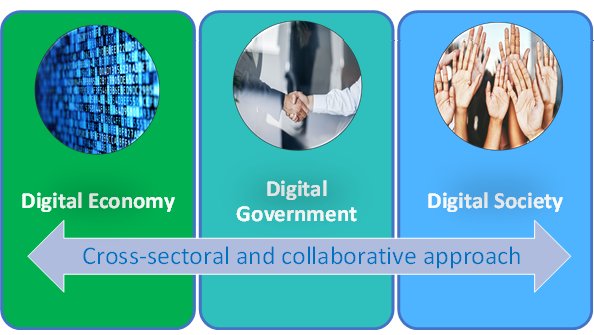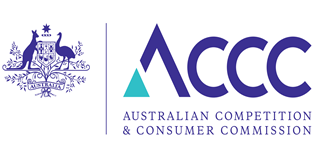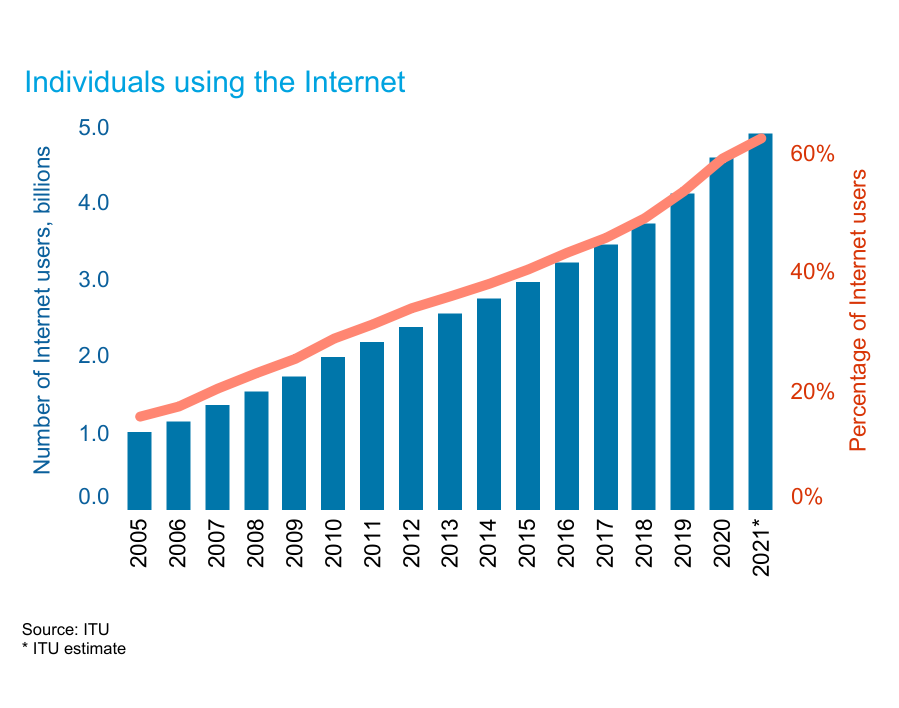Indonesia’s Universal Service Obligation Fund
24.09.2020Introduction One of the main challenges to developing ICT Infrastructure in Indonesia is its geography. This includes the number of islands, size of the territory to cover, the numerous remote and difficult to reach areas, and the number of low-income and uneducated inhabitants (GSMA 2013: 151). Owing to the limited funding capability of both the government and the private sector, infrastructure development cannot fully meet the demand in Indonesia. Thus, isolated and impoverished parts of the country are the most harmed (GSMA 2013: 151). Structure According to Telecommunications Law No. 36 of 1999, “every telecommunications network operator and/or telecommunications service…
Read »





